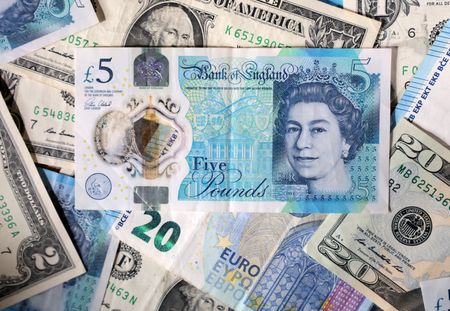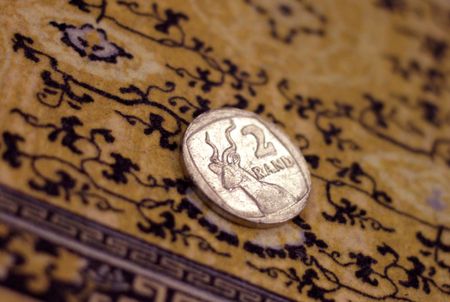By Chibuike Oguh and Elizabeth Howcroft
NEW YORK (Reuters) – Global stocks rose on Friday and were on track for a weekly gain driven by positive sentiment on Wall Street as well as European equity markets following key central bank decisions.
The U.S. Federal Reserve cut interest rates by a quarter of a percentage point on Wednesday, for the first time since December, while Norway and Canada also cut rates.
On Wall Street, all three indexes were trading higher after rising to record highs in the prior session. The Dow Jones Industrial Average rose 0.11% to 46,192.35, the S&P 500 rose 0.24% to 6,647.74 and the Nasdaq Composite rose 0.44% to 22,570.26.
European shares rose 0.02% and were set to gain 0.05% this week.
Japan’s Nikkei fell 0.57% after the Bank of Japan decided to start selling its holdings of risky assets. MSCI’s gauge of stocks across the globe rose 0.12% to 980.42, hovering near a record high reached in the previous session, and was poised to add 0.85% this week.
Investors are betting that central bank rate cuts will boost stocks further.
“For the next few weeks, our view is that we continue to keep risk-on orientation in our portfolios; we continue to overweight equities in the portfolio,” said Amelie Derambure, senior multi-asset portfolio manager at Amundi.
“Our stance is that the market should continue to creep higher in the coming weeks, with some volatility as always.”
The Fed stopped short of endorsing market expectations for a clear string of rate cuts, emphasising a meeting-by-meeting, data-dependent approach. The Fed’s tone, along with the wide range of views within the central bank, disappointed some investors, who had hoped the stock market would be boosted by a rapid shift to lower rates, analysts said.
The yield on benchmark U.S. 10-year notes rose 1.2 basis points to 4.116%. The 2-year note yield, which typically moves in step with interest rate expectations for the Fed, fell 0.3 basis points to 3.565%.
Markets are waiting for any news of a call between Chinese President Xi Jinping and U.S. President Donald Trump, which is expected to cover the TikTok deal and tariffs.
The U.S. dollar index for the third straight session against peers, rising 0.22% to 97.56, although it is set to finish the week slightly lower.
The dollar strengthened 0.27% to 0.794 against the Swiss franc but was down 0.11% to 147.82 against the Japanese yen.
The euro was down 0.22% against the dollar at $1.176.
The British pound fell, down 0.45% on the day at $1.34915
The Bank of England on Thursday kept rates on hold, but slowed the pace at which it is unloading the government bonds it purchased in previous crises.
European government bond yields rose, with Germany’s 10-year yield rising 2.2 basis points at 2.737% <DE10YT=RR>. While shorter-dated bonds have benefited from expectations for rate cuts, longer-dated bond yields have risen on investor concern about government finances.
The Bank for International Settlements warned this week that record global share prices appear increasingly disconnected from signals in the bond market that investors are concerned about government debt.
Oil prices were down, as traders’ worries about fuel demand outweighed the boost oil prices would typically get from a U.S. rate cut.
Brent crude futures were 0.52% at $67.08 a barrel, while U.S. West Texas Intermediate futures lost 0.53%, to $63.23.
Gold was up 0.51% at $3,662.62, heading for its fifth straight week of gains.
(Reporting by Chibuike Oguh in New York and Elizabeth Howcroft. Editing by Jane Merriman; Editing by Chizu Nomiyama)










